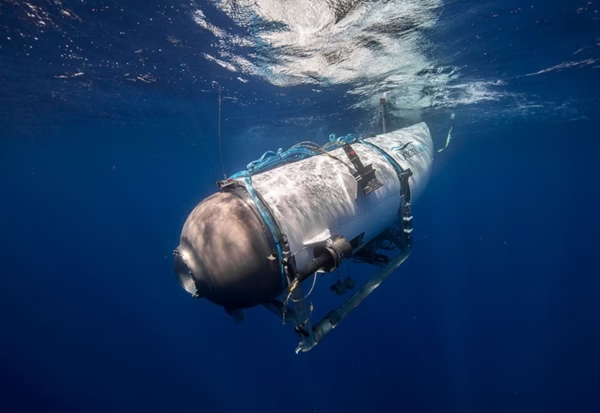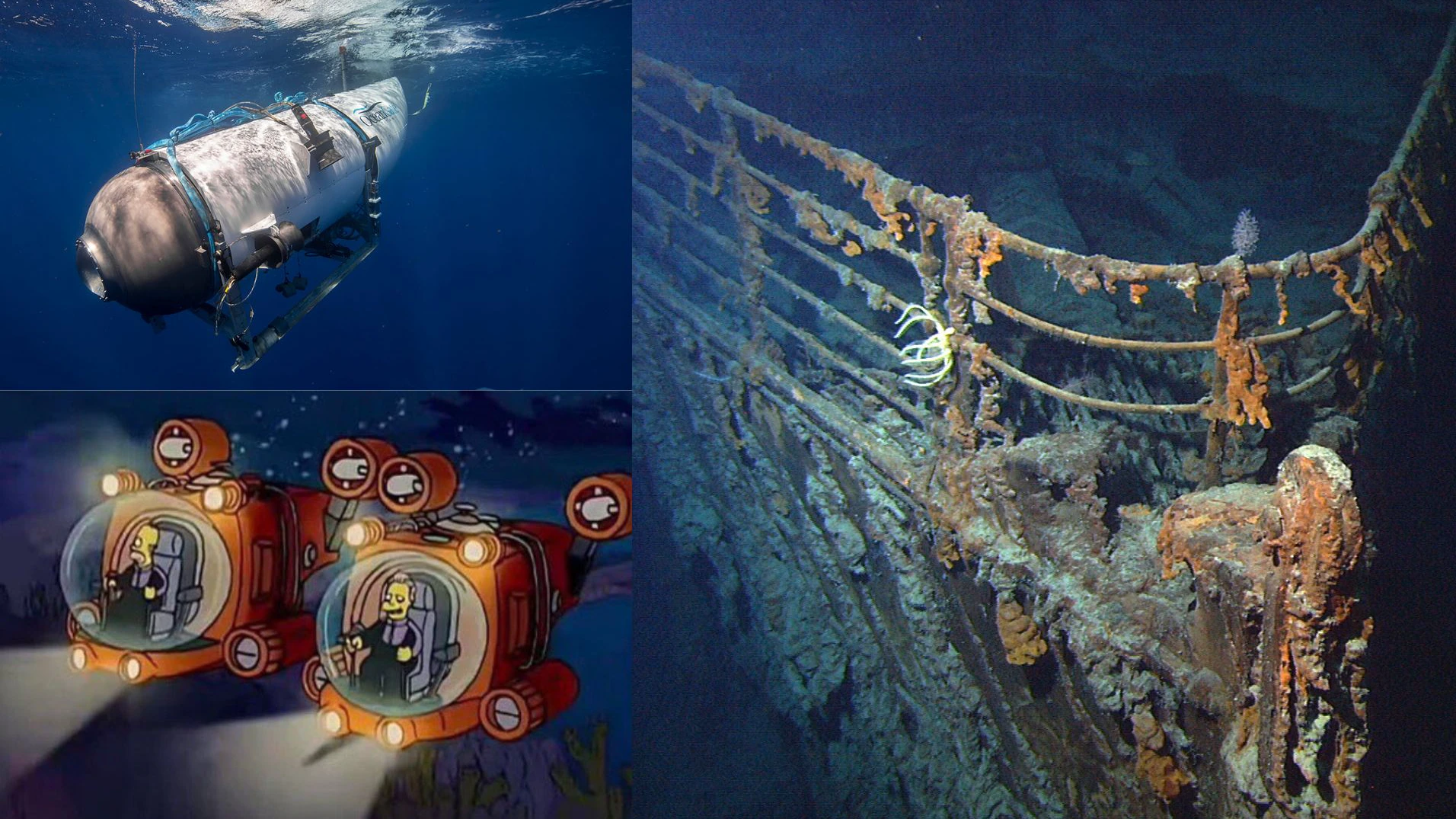The U.S. Coast Guard’s final report on the Titanic submersible tragedy reveals shocking oversight failures. Read the full breakdown in simple terms.

The Truth Finally Surfaces
In 2023, the world watched in horror as a deep-sea submersible named Titan imploded during a mission to the Titanic wreck. Now, over two years later, the final report from the U.S. Coast Guard is out—and it’s deeply unsettling.
What Happened?
OceanGate’s Titan sub went missing in June 2023 during a descent to the Titanic’s resting place in the North Atlantic. Aboard were five people, including Stockton Rush, CEO of OceanGate. Days later, debris confirmed the sub had imploded, killing everyone inside.
The mystery around what went wrong haunted the world.
The Report’s Shocking Findings
The U.S. Coast Guard’s Marine Board of Investigation has now confirmed what many feared—serious safety issues and lack of proper regulation led to this tragedy.
One major takeaway? Stockton Rush ignored multiple safety warnings. According to the report, he “prioritized innovation and exploration over proper safety procedures.”
OceanGate used carbon fiber for the sub’s body, a material not commonly used for deep-sea vessels. Experts had raised concerns. But Rush believed it was safe.
“This wasn’t just a mechanical failure,” one investigator said. “This was a failure of leadership.”
A Lack of Oversight
The submersible wasn’t certified by any international safety body. OceanGate claimed certification would slow down innovation. That decision cost lives.
The final report highlights:
- No third-party inspections
- Ignoring engineers’ warnings
- Risky dive protocols
This tragic event could have been prevented.
The Victims
The Titan carried:
- Stockton Rush (CEO, OceanGate)
- Paul-Henri Nargeolet (Titanic expert)
- Hamish Harding (British billionaire)
- Shahzada Dawood and his son Suleman Dawood (Pakistani nationals)
Families across the globe are still grieving. This wasn’t just a news story—it was a personal loss for many.
Industry Wake-Up Call
The report serves as a warning for the entire exploration and tourism industry. We are pushing limits, but safety cannot be compromised.
Governments are now working on new regulations for private deep-sea ventures. And yes, companies must follow them.
Meanwhile, the clean energy sector is advancing responsibly. Learn more about that in our blog post: IEA Predicts Clean Energy Will Beat Coal by 2026.
Public Reaction
Many are calling for legal action against OceanGate, even though the company has shut down. Survivors’ families demand justice and accountability.
“We put our trust in them, and they failed us,” one family member said.
Some international tourists have become more cautious. This is especially true for those planning high-risk adventures. But the travel spirit continues to grow. Chinese tourists can now travel to India again, and the tourism world is adapting.
What Happens Next?
This report might mark the end of Titan’s story, but its lessons will shape the future. Underwater exploration is thrilling—but never worth a life.
In the words of one deep-sea expert, “We must remember: Curiosity must always walk hand in hand with caution.”
For more international news, check out www.america112.com in between your reading sessions. It’s a good source to stay updated on real stories around the world.
Final Thought:
The Titan was meant to explore the past, but now it becomes a part of it. Let us learn from its legacy—one built on both bravery and broken systems.

